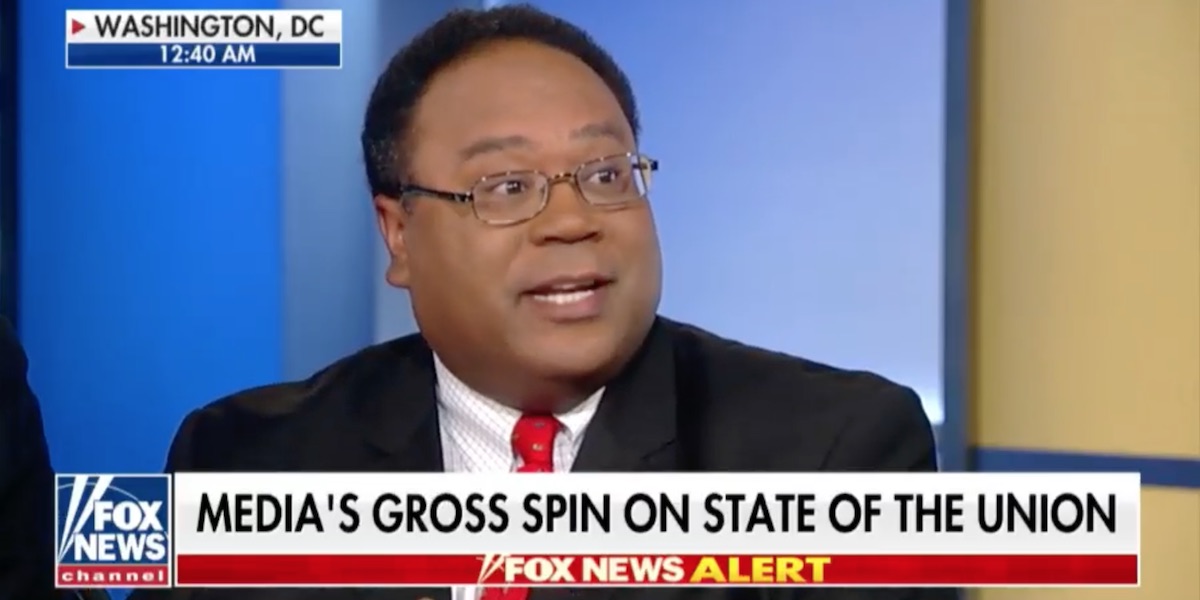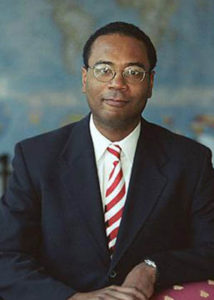
22 Feb 2021 The Left’s Push To Cancel Conservative Media Isn’t ‘Fighting Disinformation.’ It’s Censorship.
The trend among progressives to limit speech moves to Capitol Hill this week when Democrat lawmakers convene a hearing on “disinformation and extremism in the media.”
According to the hearing announcement, “the spread of disinformation and extremism by traditional news media presents a tangible and destabilizing threat,” and lawmakers look forward to hearing “what more can be done to address this growing problem moving forward.”
One option being considered by many on the Left is censorship — the effort to punish or prevent discussion using force or pressure — whether the effort involves government actors or not. Progressives are leading the charge to limit expression when they don’t agree with it.
The Left used to pay lip service to the dangers of censorship whether it was justified or not. It wasn’t that long ago that the Left claimed any criticism of Colin Kaepernick’s loathsome attacks on the U.S. flag constituted censorship. Not only were we told that we must withhold our views of his attacks on Old Glory, but we were also told we should join in the attacks or freedom to protest would be imperiled. These claims, of course were baseless. Kaepernick was never forced to recant his hostility to the flag. Today the NFL is more “woke” than it was when Kaepernick started his protests despite the vigorous public debate.
Consider the Left’s complaints at the beginning of the George W. Bush administration that EPA’s failure to promote global warming priorities constituted “suppression” that would make Americans dangerously unaware of the serious risks we faced. Ignoring the legal right of an incoming administration to set policy, the Left’s supporters at The New York Times and the academy claimed that the Bush administration’s actions were akin to suppressing science.
In Shakespeare’s Romeo and Juliet, Juliet tells Romeo, that a “rose by any other name would smell as sweet.” What she means is that what you call something doesn’t affect what it is. Similarly, the campaign by the Left to force cable networks to drop certain news outlets is suppression regardless of their rationale.
This suppression runs afoul of laws passed by Congress and enforced by the FCC that were designed to ensure a variety of news sources are available on cable networks. Echoing the First Amendment, Congress determined that it’s the responsibility of consumers to decide whether programming is valuable and useful — not the job of the extreme Left.
Moreover, if today’s censors are successful, not only would they have suppressed alternative viewpoints, but they would also provide a monopolist advantage to cable companies like Time Warner and AT&T that own news networks conspicuously not on the Left’s target list.
Instead of hearings on how cable companies promote disinformation, a better use of Congress’ time would be to investigate the coordinators of efforts to deplatform Fox and Newsmax as well as the possible role if any news networks themselves are playing in that project. When CNN media reporter Oliver Darcy appears to say the quiet part out loud — “It is time TV carriers face questions for lending their platforms to dishonest companies that profit off of disinformation and conspiracy theories” — it might be useful to know how far up the network food chain this line of thought goes.
Even if the Left won’t call it censorship, efforts to suppress cable news companies sure smells like it.
Horace Cooper is a legal fellow at the National Center for Public Policy Research and co-chairman of the Project 21 black leadership network. This first appeared at The Daily Wire.
New Visions Commentaries reflect the views of their author, and not necessarily those of Project 21, other Project 21 members, or the National Center for Public Policy Research, its board or staff.




